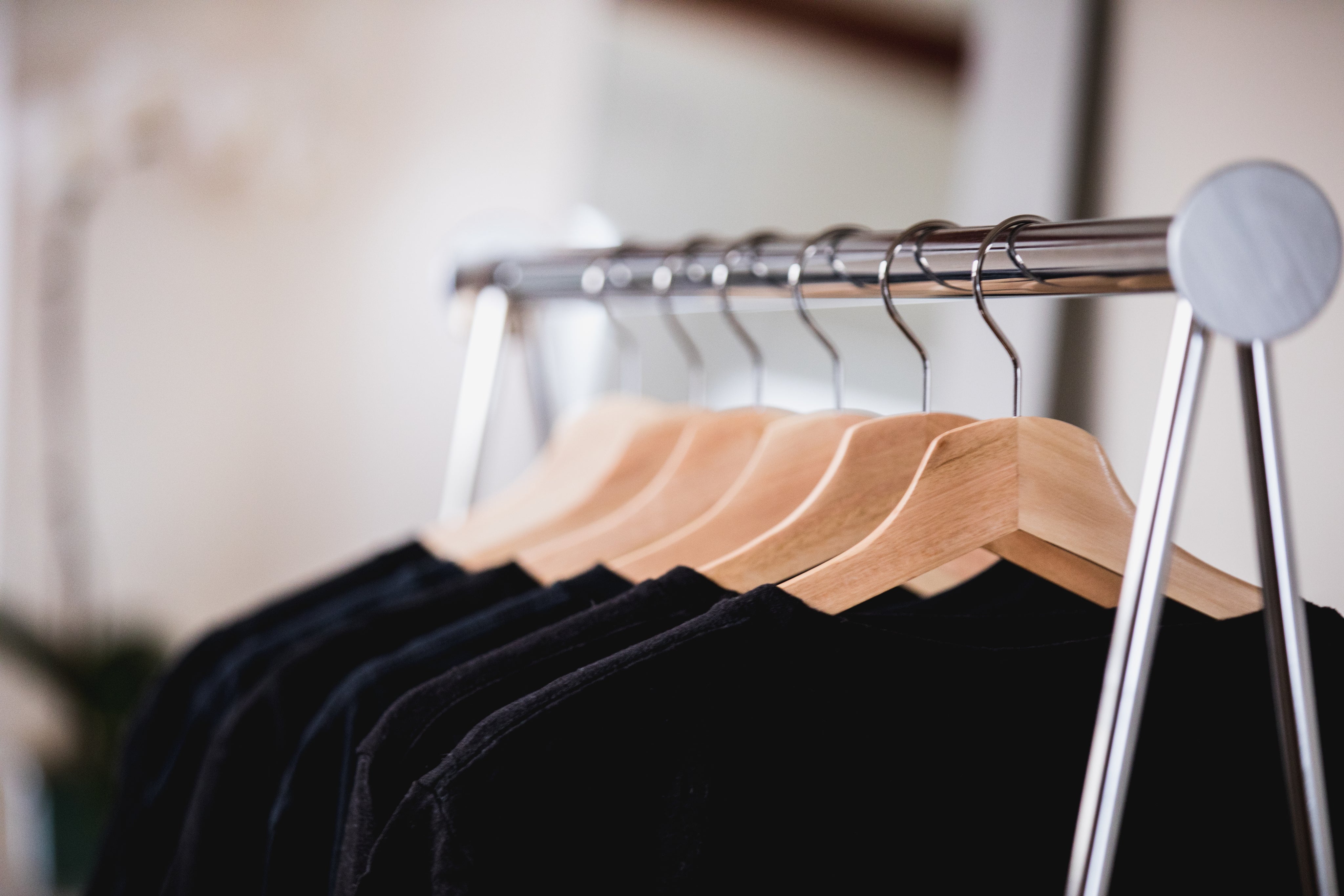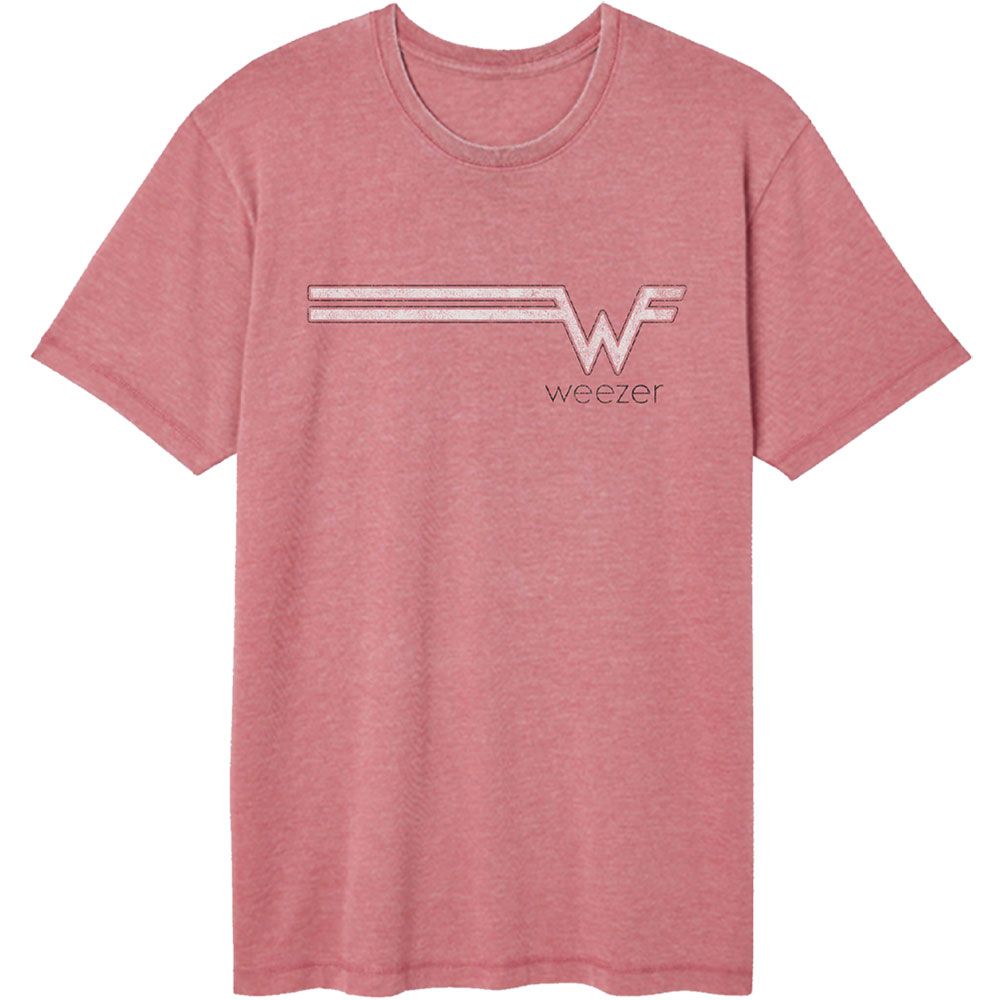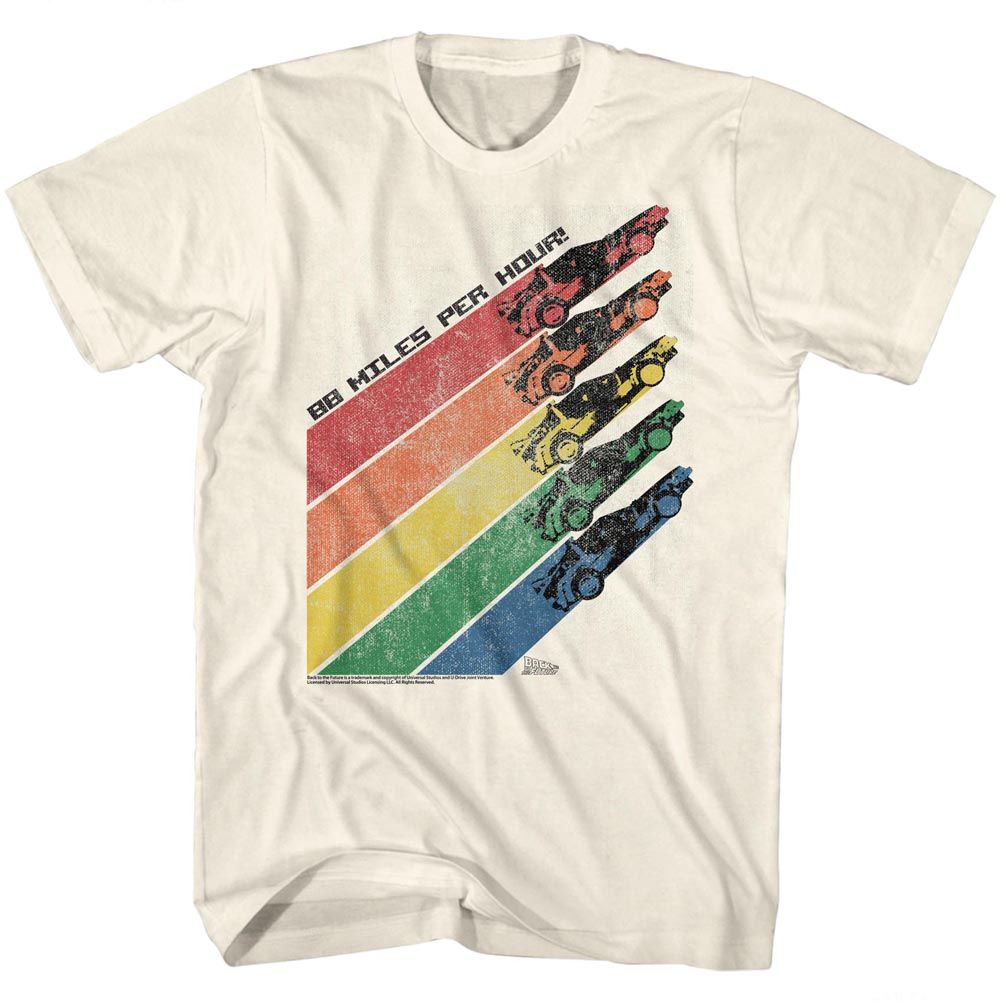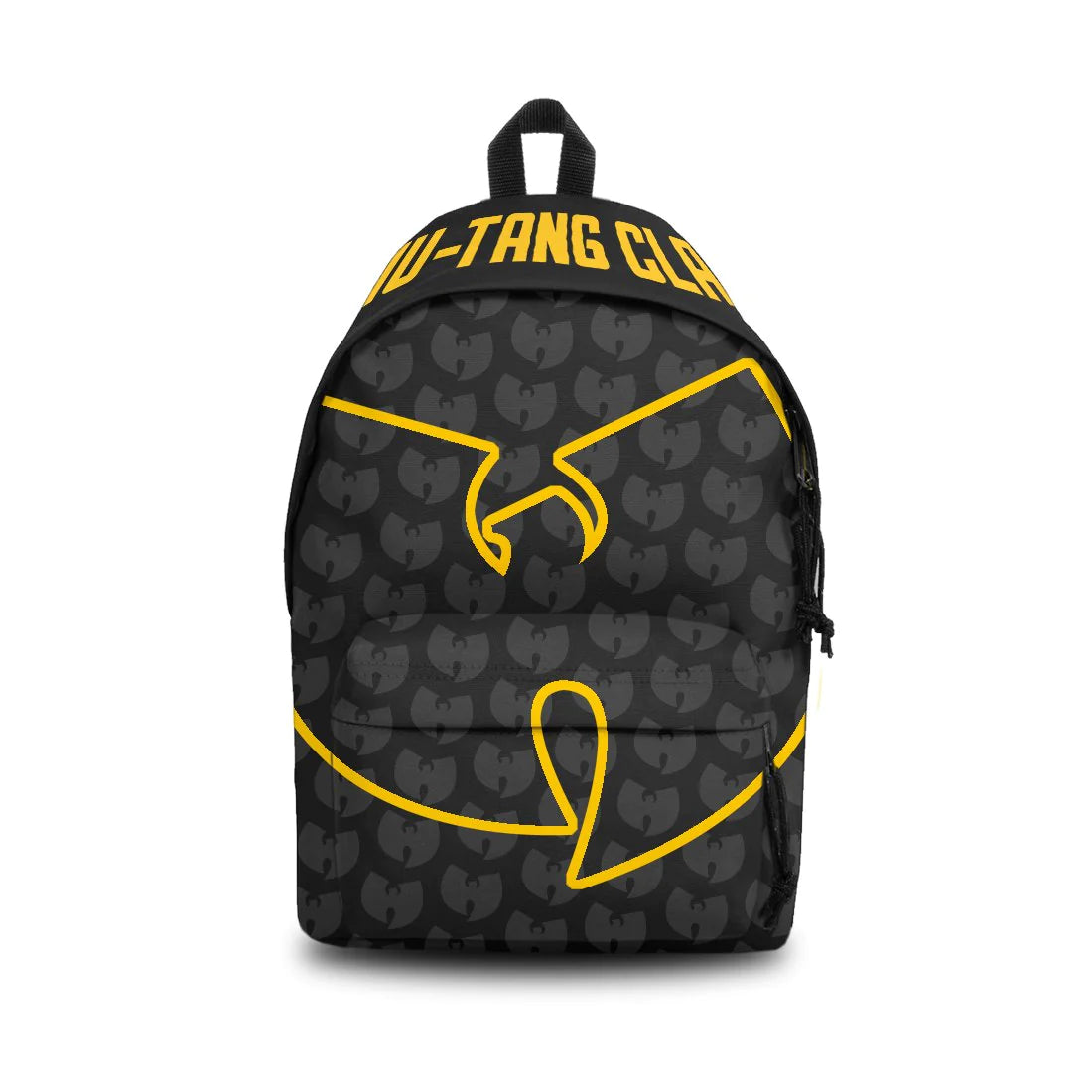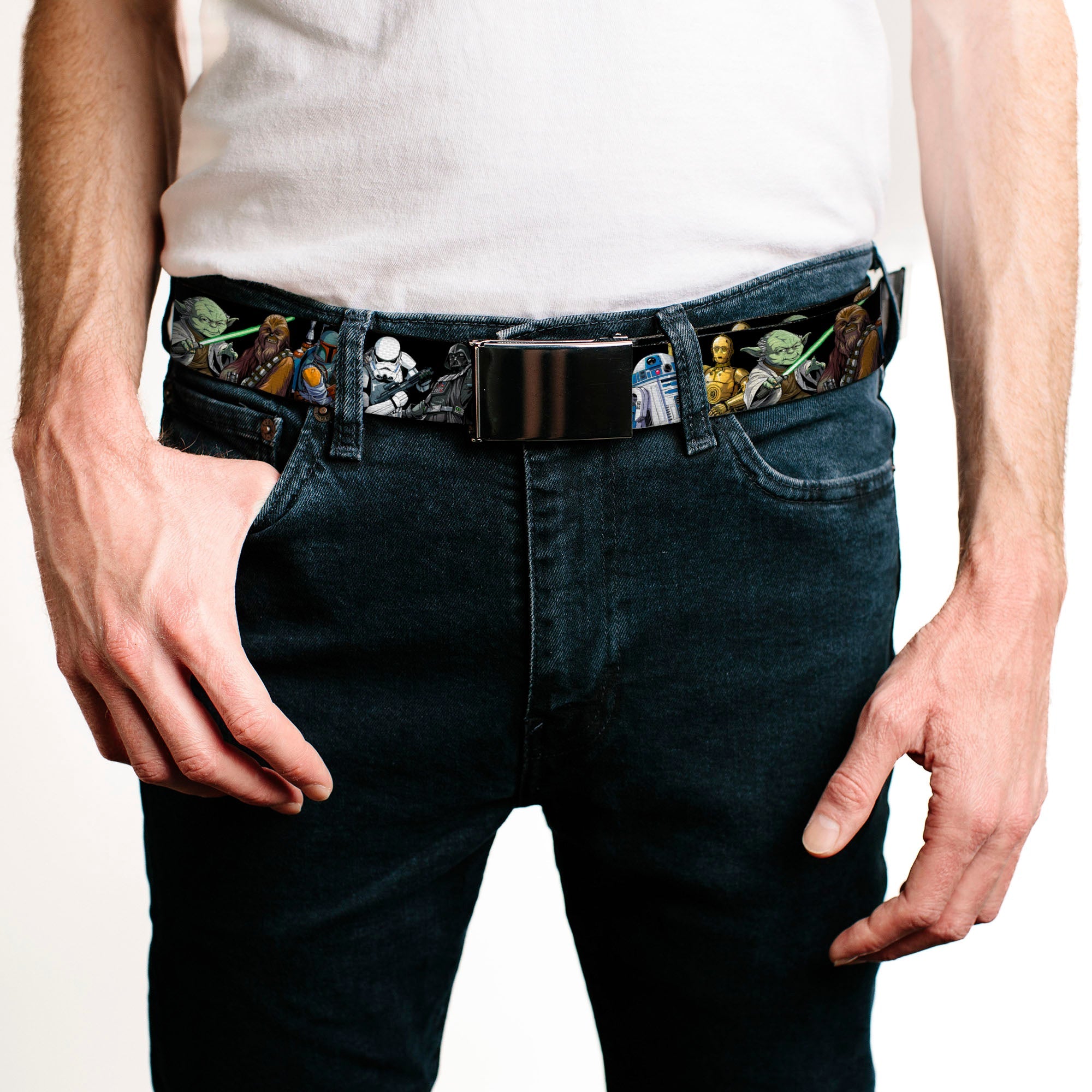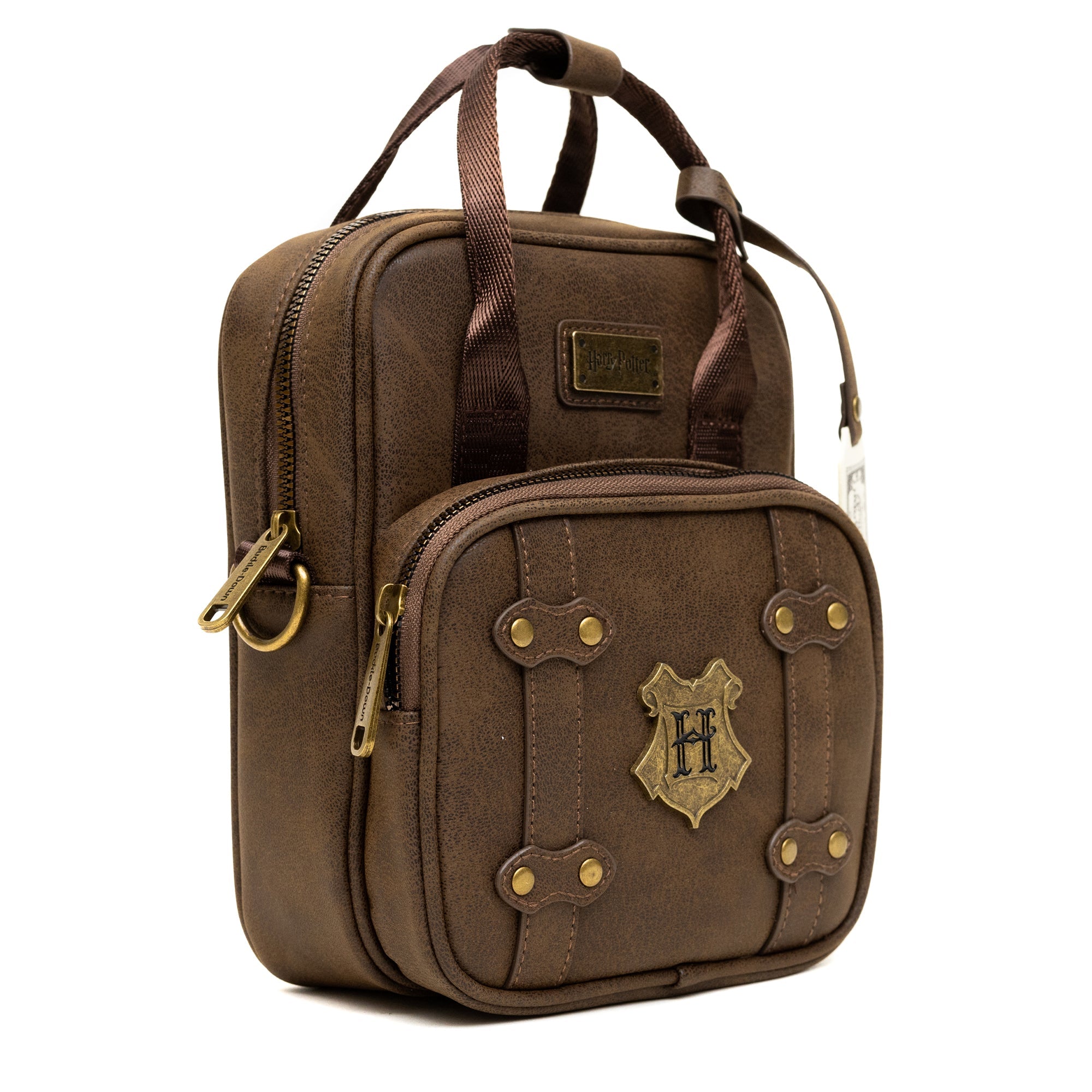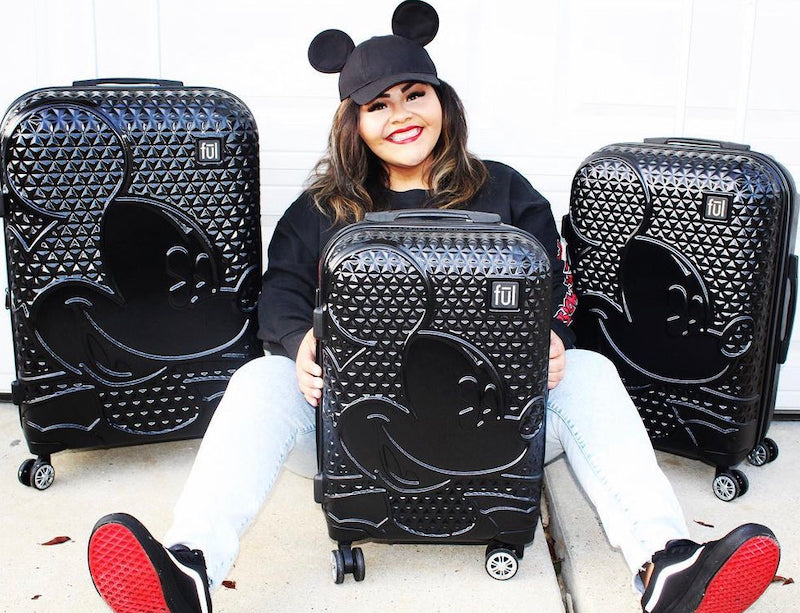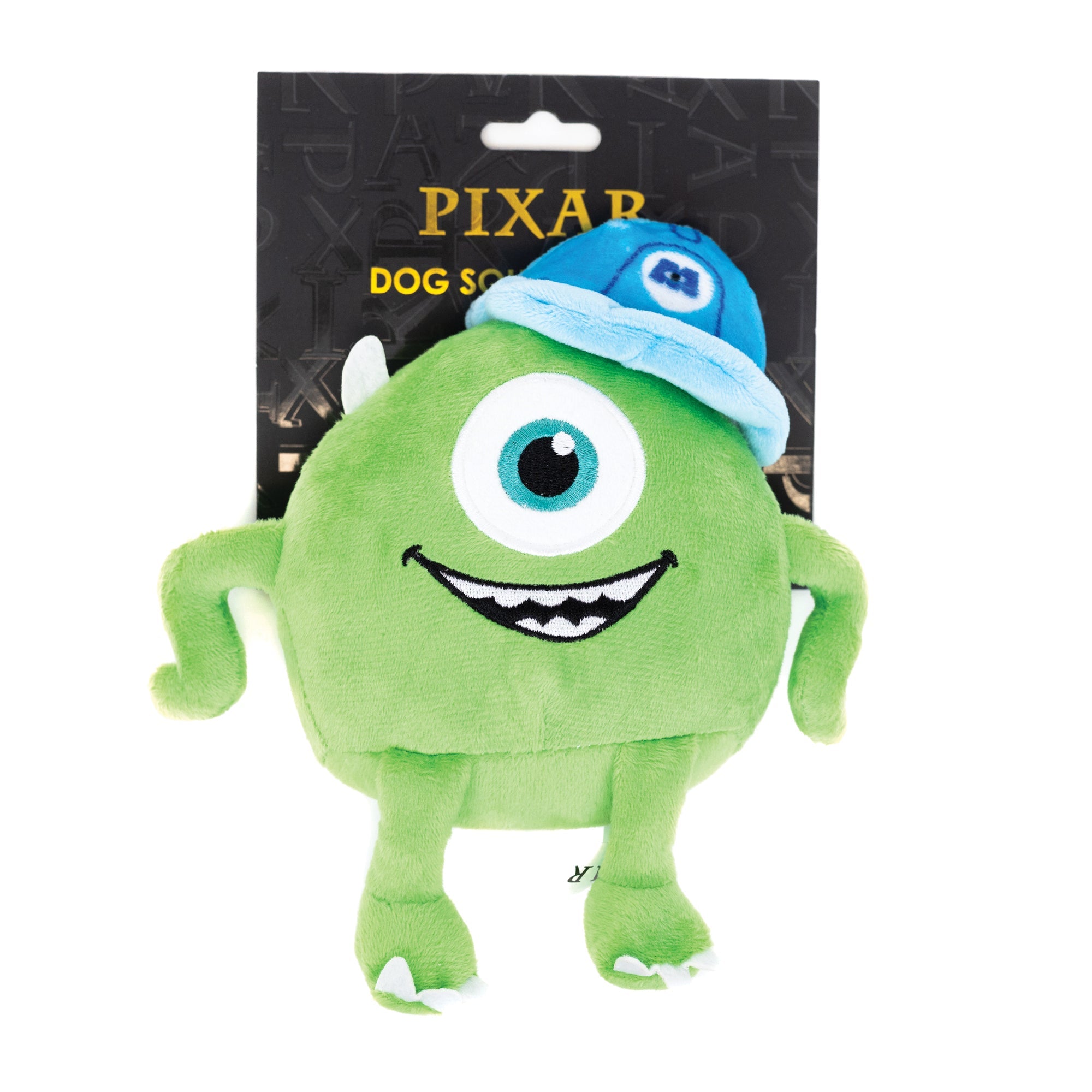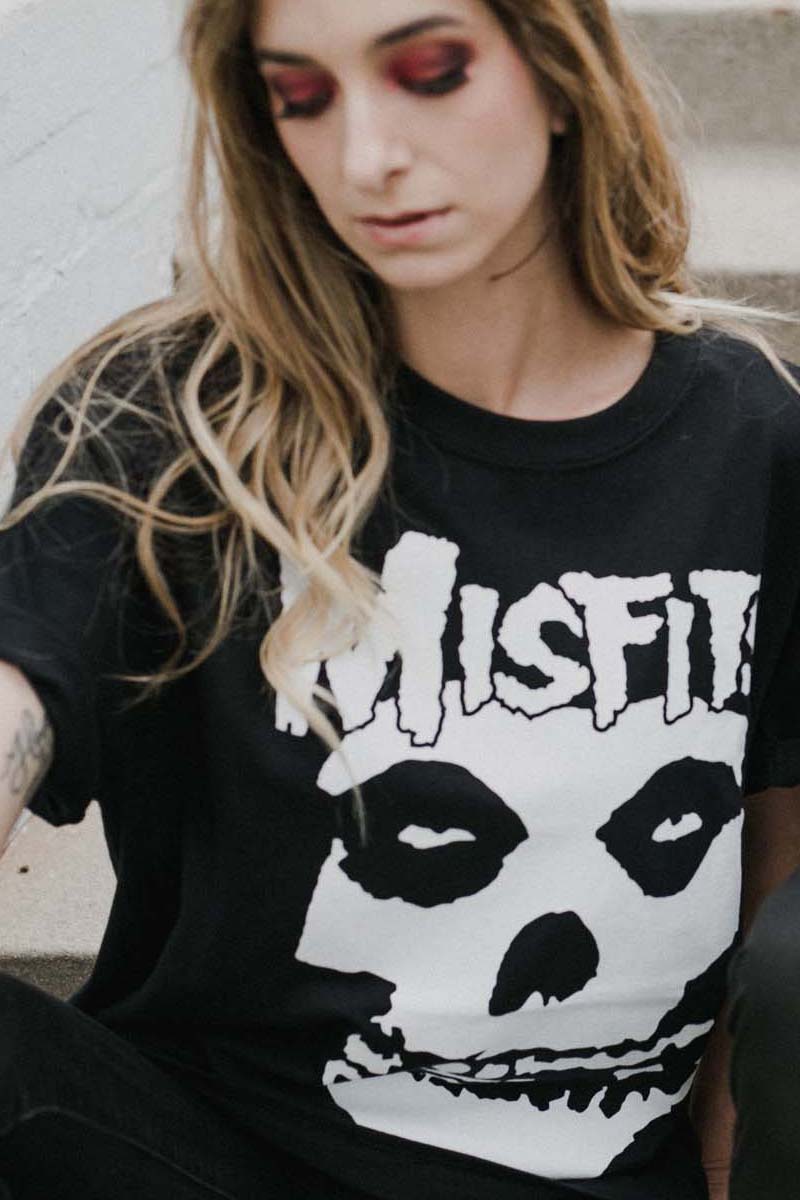The band t-shirt has been a staple in fashion for decades. It can act as a cultural artifact, a symbol of identity , and a testament to the enduring power of music. Surprisingly, the seemingly simple band t-shirt hides a complex ecosystem of licensing agreements, design approvals, and production processes. This article delves into this intricate world, unveiling the journey from initial concept to finished product.
Licensed Apparel vs. Other Licensed Merchandise Product Categories
Market Size and Growth:
Before jumping in to the nuts and bolts of the licensing industry, it's probably important to understand the grand scale and power of licensing for apparel manufacturers and retailers. The growth of this sector is truly astonishing and shows that the demand for licensed merchandise is strong. For retailers, this increase verifies that the customers are actively seeking out licensed band t-shirts and other products. If you're not stocking licensed items in your store, you're missing out on easy sales.
- The global licensed merchandise market was valued at US$347.1 billion in 2022 and is projected to reach US$419.7 billion by 2027, growing at a CAGR of 5.2% (Source: Statista, 2023).
- Licensed apparel represents a significant portion of this market, with apparel sales accounting for around 55% of the total licensed merchandise revenue in 2022 (Source: Licensing International, 2023).
- In 2022, the global music merchandise market reached US$5.1 billion, with band t-shirts representing the largest product category (Source: MIDiA Research, 2023).
- An estimated 200 million band t-shirts are sold worldwide each year, highlighting the immense popularity and commercial significance of this product (Source: Apparel News, 2023).
Other Band Merch Categories
While band t-shirts reign supreme in the music merchandise market, other categories contribute significantly to the industry's overall success. Here's a glimpse into some prominent categories and their estimated sales:
Hoodies and Sweatshirts: Estimated market size: US$1.5 billion (Source: Apparel News, 2023)
Hats and Beanies: Estimated market size: US$750 million (Source: FanSided, 2023)
Vinyl Records: Estimated market size: US$1.6 billion (Source: Statista, 2023). Experiencing a resurgence in popularity among music enthusiasts, offering a tangible and collectible format.
Posters and Prints: Estimated market size: US$400 million (Source: Grand View Research, 2023)
Phone Cases and Accessories: Estimated market size: US$300 million (Source: Mobile Marketing Magazine, 2023)
Figurines and Collectibles: Estimated market size: US$250 million (Source: Licensing International, 2023)
Digital Downloads and Streaming Services: Estimated market size: US$4.5 billion (Source: MIDiA Research, 2023). While not tangible merchandise, digital music and streaming subscriptions are crucial revenue streams for bands and contribute to overall fan engagement.
Additional Statistics:
- The average fan spends approximately US$100 on band merchandise per year (Source: FanSided, 2023).
- Online sales account for roughly 60% of all music merchandise purchases (Source: eMarketer, 2023).
- Band merchandise can generate significant income for artists, sometimes even surpassing revenue from music sales (Source: Music Business World, 2023).
Unique Identity and Cultural Significance:
- Unlike other licensed merchandise categories like toys or collectibles, band t-shirts possess a unique dual identity: a commercial product and a powerful cultural symbol.
- They serve as a visual representation of a fan's musical taste and affiliation, fostering a sense of community and belonging among fans of a particular band or genre.
- Band t-shirts often transcend mere fashion trends, becoming iconic cultural artifacts passed down through generations, further solidifying their symbolic value beyond their commercial purpose (Source: "Band Tees: More Than Just Fashion" by Sarah Thornton, 2015).
- This emotional connection to the band and its music translates into brand loyalty, leading to increased demand for band merchandise, including t-shirts (Source: "The Psychology of Fandom" by Melanie C. Green and Timothy J. Levine, 2016).
Evolution and Innovation:
- The band t-shirt market is constantly evolving, with new trends and designs emerging alongside advancements in printing technology.
- Bands and merchandise companies are increasingly experimenting with sustainable materials and eco-friendly production processes to meet growing consumer demand for ethical and responsible manufacturing practices (Source: "The Future of Fashion: Sustainability and Innovation" by Ellen MacArthur Foundation, 2020).
Understanding the unique characteristics and market dynamics of band t-shirts provides valuable insights into the evolving world of licensed apparel and its impact on fans, brands, and the music industry as a whole.
The Licensing Process:
Before a band's image graces the front of a t-shirt, a series of carefully orchestrated steps pave the way.
Securing a Licensing Deal: Apparel companies must first obtain a license from the rights holder, which could be the band itself, their management company, the record label, or a dedicated licensing agency like Probity Worldwide or Bravado.
Types of Licensing Deals: Two common types of deals govern this process:
- Royalty-based: The licensee pays a percentage of sales as a royalty fee. This incentivizes both parties to maximize sales.
- Guaranteed Minimum Guarantee (GMG): The licensee pays a fixed upfront fee, regardless of sales. This provides the licensor with guaranteed income. If the royalties on sales do not meet the guaranteed minimum over the course of the licensing deal, the guaranteed minimum is not returned to the apparel company.
- Buy-Back / Production Deals: This type of deal is rare but does occur. In this situation, an apparel company becomes a manufacturing partner of the license holder. Essentially, the apparel company is approved to print or manufacturer the band t-shirts and sell them. This is done contractually by having the apparel company be the manufacturer and retailer. Essentially, the apparel company is producing the shirts for their own sales. Each party agrees on a "wholesale price" for each shirt. The apparel company pays to have the shirt printed an the licensor credit's them for the manufacturing costs. When shirts are sold (or printed), depending on the agreement, the apparel company pays the licensor the difference between the production cost and the agreed-upon wholesale price. This is the revenue that goes to the licensor and band for royalty revenue. Due to the complex structure of these agreements, they can be rare. Buy-back agreements are typically only seen with trusted partners and established brands due to the fact that there is a required amount of trust that is needed between the two parties to ensure appropriate reporting of royalties and the number of shirts produced.
Deal Structure: Agreements typically specify the duration of the license, permitted product categories (t-shirts, sweatshirts, toys, etc), territories, category of approved retailers (such as major store brands or independent smaller retailers) and any associated restrictions.
Key Players: Various stakeholders participate in the licensing process:
- Artists and their management: They control the intellectual property, negotiate terms or assign licensing agencies to handle this part of their business for them.
- Record labels: They may hold rights to band names, logos, and artwork.
- Licensing agencies: They act as intermediaries, facilitating communication and negotiation between licensors and licensees.
Digital Assets and Design Approvals:
Once licensed, apparel companies are typically given approved digital assets provided to them by the rights holders or their representatives. These assets can include band logos, album artwork, photographs, specific fonts for wording, or even custom-created designs. Strict adherence to these assets ensures consistency and protects the band's brand identity. The apparel company then uses these design assets to create their band t-shirt. Final designs must always be approved by the licensor or their representatives before production. Generally, a production sample, may also be required. This is a physical sample of the shirt that has been printed and submitted to the licensor for review.






Examples of band logos that may be included in digital asset packs for apparel companies to create licensed band tees.
A Note About Band T-Shirt Digital Assets:
The number and types of digital assets (logos, imagery, fonts, etc) that are available to apparel companies can widely vary depending on the band or license. For this reason, you may have noticed that many shirts from a certain band may look similar or have similar color schemes. In other cases, the designs seem to stay the same for decades. For others bands, apparel companies may be given much more creative freedom with their designs. As an example, Led Zeppelin is known to be fairly strict with their approved designs. Many of the Led Zeppelin t-shirts being sold now are simply reproductions of similar styles from decades ago. In contrast, bands like the Grateful Dead, AC/DC, and Pink Floyd have released 1000s of approved t-shirts into retail over the years.
Case Studies: Collaboration and Partnerships:
The band t-shirt industry thrives on a dynamic network of collaborations and partnerships. In recent years, there has been consolidation in the licensing industry.
- Epic Rights and Bravado: This partnership, a fusion of branding expertise and music industry muscle, handles merchandise for artists like The Weeknd and Taylor Swift. In 2019, Bravado acquired Epic Rights to control licensing and production for bands like KISS, AC/DC, Def Leppard, David Bowie, John Lennon, Britney Spears, NSYNC and others.
- Merch Traffic and Live Nation Entertainment: A few years ago, Merch Traffic was purchased by Live Nation Entertainment. Live Nation is a juggernaut in the live event production industry and also owns Ticketmaster as a subsidiary.
- Sony Music Threadshop and Probity Worldwide: By joining forces in 2020, Probity and the Thread Shop expanded their global reach in the industry. Probity was fully acquired the Sony's Thread Shop to complete this merger.
- Independent Agencies and Major Players: Smaller licensing agencies may partner with larger companies like Merch Traffic for specific tasks, like production or retail distribution. This symbiotic relationship allows smaller companies to compete effectively while providing valuable support to major artists.
These partnerships are not merely transactional; they are driven by shared passion and dedication to the music industry. By combining resources and expertise, companies can offer artists a wider range of services, from creative design and production to marketing and distribution, tour merchandising and by creating and operating the band's official online webstores and marketing. This ultimately enhances the fan experience and drives growth of the band t-shirt industry forward.
Largest Players in the Band T-Shirt Licensing Industry:
Several prominent players dominate the band t-shirt licensing landscape:
- Probity Worldwide: Controls global licensing rights for legendary artists like Metallica, Led Zeppelin, Oasis, Snow Patrol and more (some worldwide and some only for the European market).
- The Thread Shop (Sony Music): Represents contemporary icons like Pink, the Offspring, A Tribe Called Quest, Counting Crows, DJ Khaled, Iggy Pop, Joan Jett and Jimi Hendrix.
- Merch Traffic: Handles merchandise for diverse artists like Metallica (for North America), Blink 182, Luke Combs, Nirvana, the Ramones, Tool, and Miley Cyrus.
- Bravado Entertainment (Universal Music Group): Represents a wide range of artists across various genres, including Taylor Swift, The Beastie Boys, Billie Eilish, Ariana Grande, Bob Marley, Guns n Roses, Greta Van Fleet and others.
- Perryscope Productions: Specializes in merchandise for rock and hard rock bands like Guns N' Roses and Red Hot Chili Peppers.
- Epic Rights: Handles licensing rights for various brands and entertainment properties, including AC/DC, Boys II Men, Aerosmith, Bad Company, Billy Joel, Bob Dylan, David Bowie and Def Leppard.

